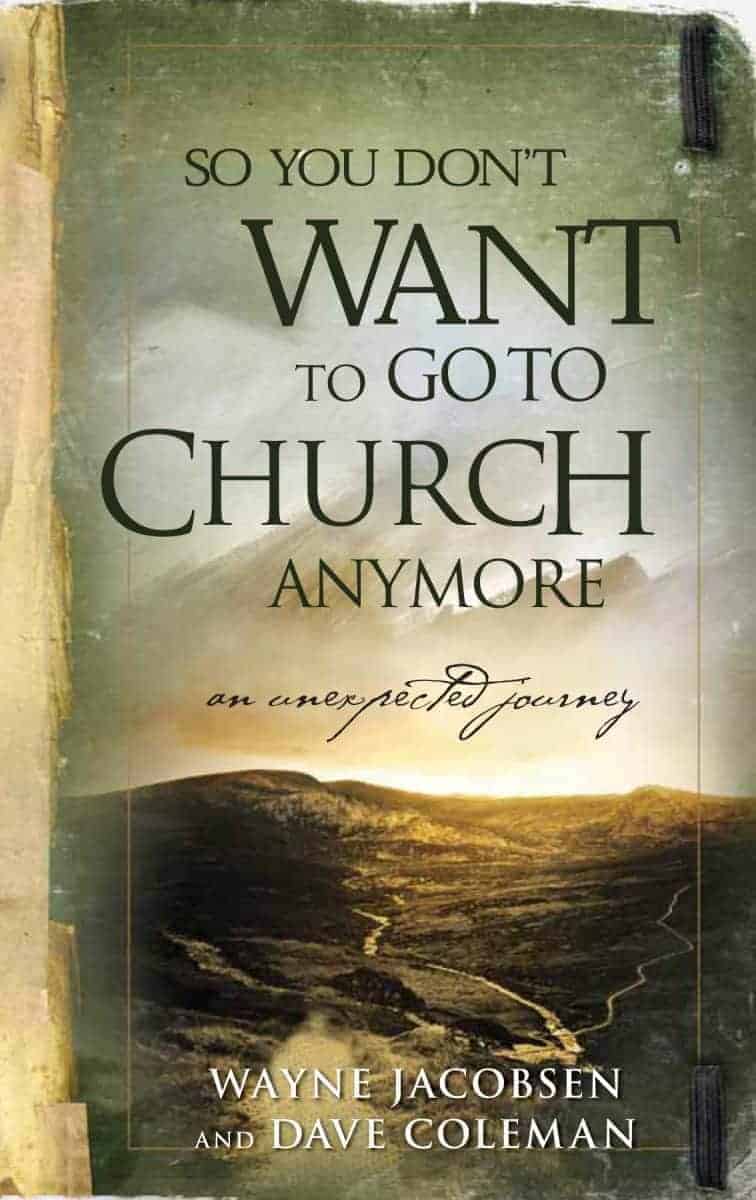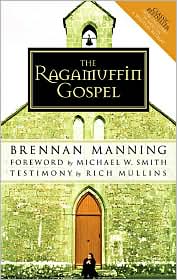I Regret Nothing
"The LORD regretted that he had made human beings on the earth, and His heart was deeply troubled." [Genesis 6:6]
It is hard to imagine that God experienced regret. Because for me, regret is an old friend that keeps coming around - and I hate it.
"If only..." this and that. "Why did I allow..." this and that. "If I could go back..." I would do this and that differently.
Wikipedia says...
"Regret is a negative conscious and emotional reaction to personal past acts and behaviors."
The dictionary says that regret is a feeling of sorrow or remorse for a fault, act, loss, disappointment, etc.
When God "regretted" His heart was deeply troubled - the Amplified version says that God was grieved at heart.
Regret is a powerful and often debilitating emotion. Sometimes we are encouraged by people to have no regrets, but I believe regret is unavoidable. It's how we respond when we experience regret that is important.
I love what Jane Adams says about regret:
Regret, which is guilt without the neurosis, enables us ... to move forward instead of back.
I think I know what Jane means. And 2 Corinthians 7:8-13 helps me understand the difference between worldly "guilt-ridden" regret vs. Godly sorrow:
Even if I caused you sorrow by my letter, I do not regret it. Though I did regret it—I see that my letter hurt you, but only for a little while—yet now I am happy, not because you were made sorry, but because your sorrow led you to repentance. For you became sorrowful as God intended and so were not harmed in any way by us. Godly sorrow brings repentance that leads to salvation and leaves no regret, but worldly sorrow brings death. See what this godly sorrow has produced in you: what earnestness, what eagerness to clear yourselves, what indignation, what alarm, what longing, what concern, what readiness to see justice done. At every point you have proved yourselves to be innocent in this matter. So even though I wrote to you, it was neither on account of the one who did the wrong nor on account of the injured party, but rather that before God you could see for yourselves how devoted to us you are. By all this we are encouraged.
Yes, I will continue to have regrets, but I will reply on the Holy Sprit to help me press through the guilt and damaging emotions so I can move forward towards the goodness God has planned for my life.




» Post a Comment